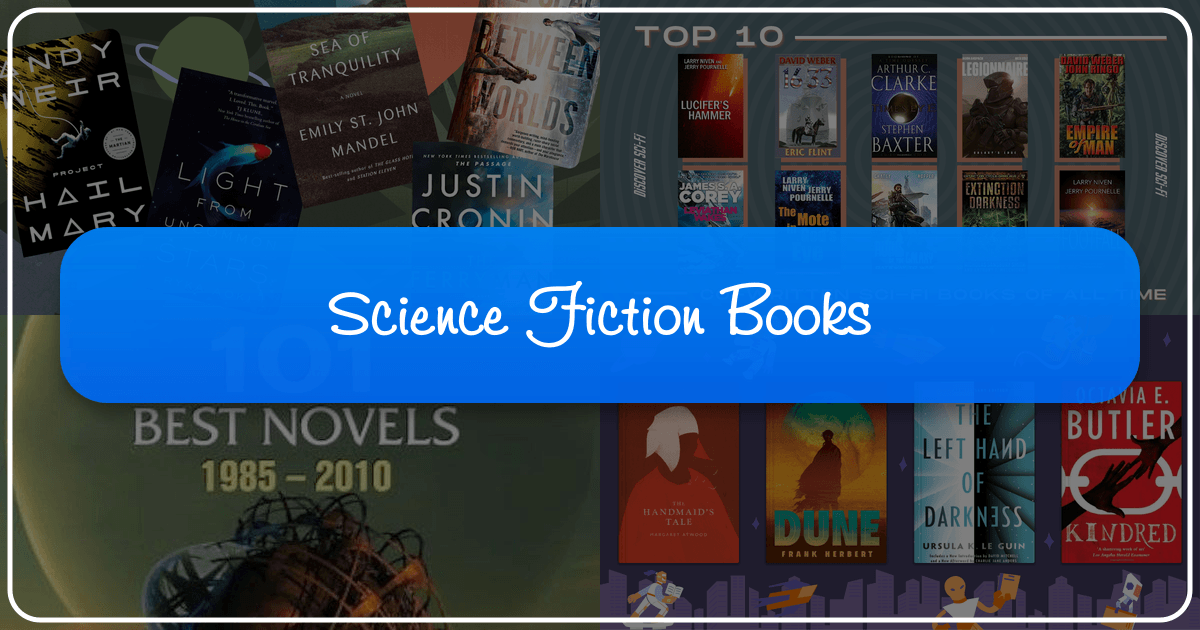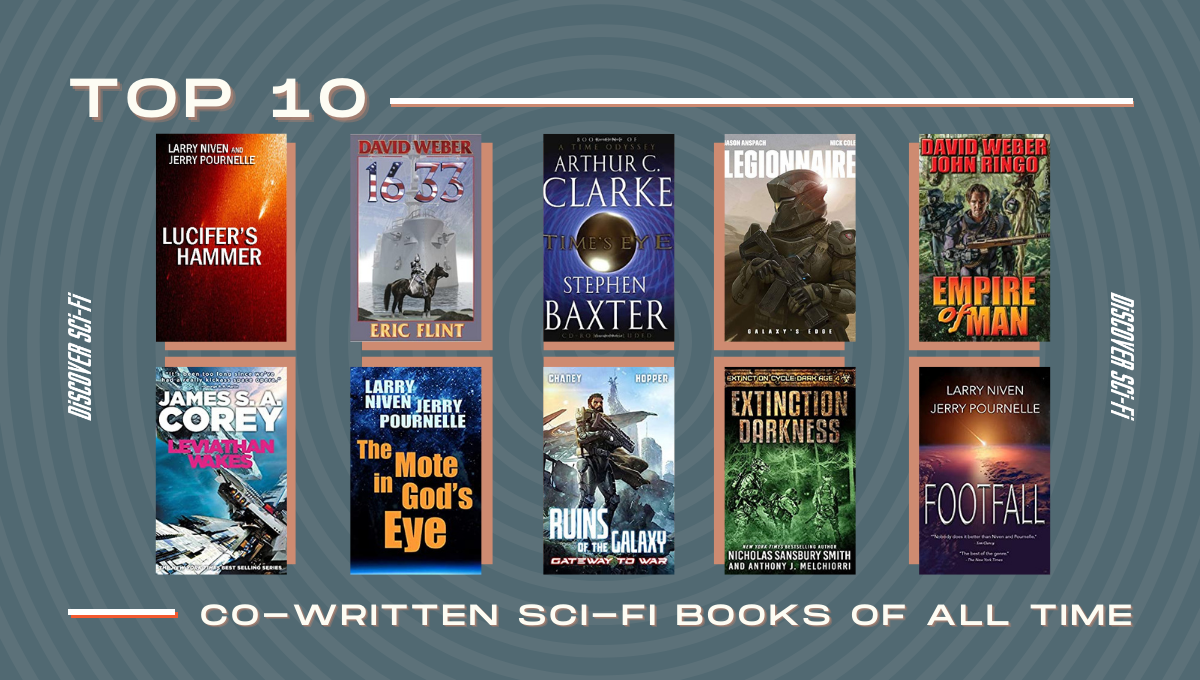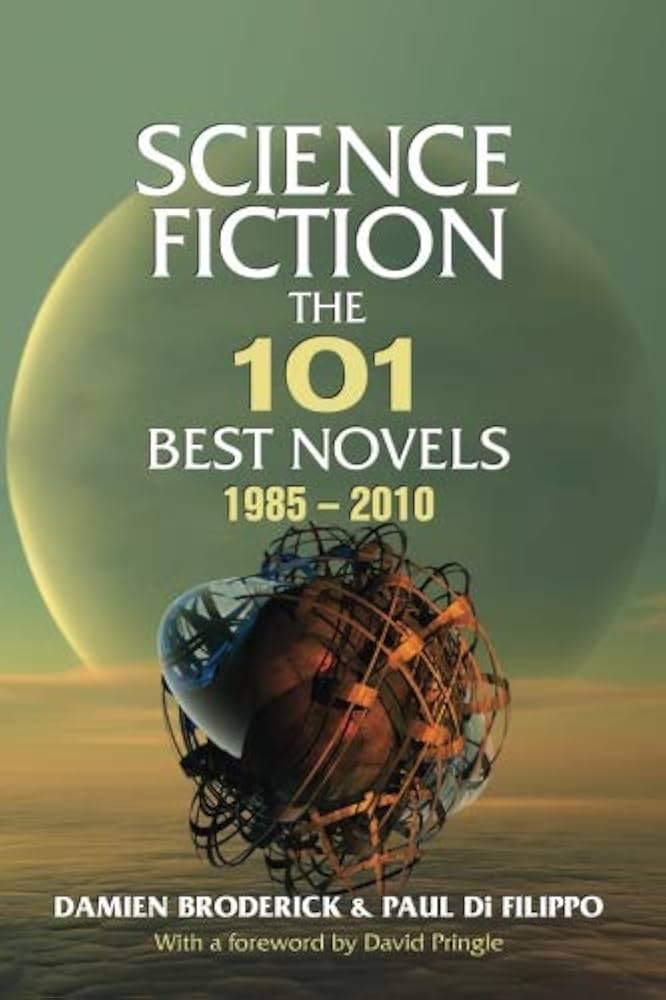Sci-Fi Books: A Journey Through Worlds, Ideas, and Cultural Impact

Science fiction, a genre born from the imaginative spark of Mary Shelley’s Frankenstein in 1818 (though its exact origins remain a subject of scholarly debate), has captivated readers for centuries. Its enduring appeal stems from its unique ability to explore the human condition through the lens of the fantastical, prompting us to confront our present by envisioning our future—and our past. This exploration encompasses a vast landscape of narratives, from hard sci-fi grounded in scientific realism to softer explorations of societal structures and human psychology. Lbibinders.org delves into this rich tapestry, offering a comprehensive guide to the world of science fiction literature.

Exploring the Genres and Subgenres of Sci-Fi
Science fiction, unlike many genres, constantly evolves, adapting to reflect changing scientific understanding, technological advancements, and societal shifts. While some works focus on the intricate details of futuristic technology and space travel (hard sci-fi), others utilize speculative elements as metaphors for current social or political issues (soft sci-fi). Lbibinders.org categorizes these diverse narratives, providing readers with a clear understanding of the various subgenres, including:
-
Hard Sci-Fi: This subgenre prioritizes scientific accuracy and plausibility. Stories often revolve around advanced technology, space exploration, and the potential consequences of scientific breakthroughs. Authors like Andy Weir, with his meticulous attention to detail in Project Hail Mary, exemplify this approach. Lbibinders.org’s resources allow you to explore the scientific principles underpinning these narratives, enhancing your understanding and appreciation of the genre.
-
Soft Sci-Fi: This category focuses less on the technical aspects of science and more on the social and philosophical implications of scientific and technological change. Works like Jessamine Chan’s The School for Good Mothers delve into the intricacies of societal structures and human psychology, using futuristic elements as a backdrop for exploring complex ethical dilemmas. Lbibinders.org provides summaries and analyses, highlighting the societal commentary embedded within these narratives.
-
Cyberpunk: Characterized by dystopian settings, advanced technology, and societal decay, cyberpunk explores the darker side of technological progress. William Gibson’s Neuromancer, considered a seminal work in the genre, paved the way for countless other explorations of virtual reality, artificial intelligence, and the blurring lines between humanity and technology. Lbibinders.org provides curated reading lists and author biographies to navigate this exciting yet often unsettling subgenre.
-
Space Opera: This subgenre features grand-scale adventures set in space, often involving interstellar empires, political intrigue, and epic battles. Authors like Peter F. Hamilton, known for his complex and expansive universes, masterfully weave together intricate plots and compelling characters within vast cosmic landscapes. Lbibinders.org offers resources that allow you to explore the evolution of space opera as a subgenre, tracing its influences and impact on contemporary science fiction.
-
Dystopian Fiction: This subgenre presents cautionary tales of societies characterized by oppressive governance and societal control. Works like George Orwell’s Nineteen Eighty-Four and Aldous Huxley’s Brave New World serve as stark warnings against unchecked power and the erosion of individual freedom. Lbibinders.org facilitates a deeper understanding of the historical and social contexts that shaped these influential dystopian narratives. We also explore the continuing relevance of these warnings in our contemporary world.
Beyond these core subgenres, science fiction encompasses numerous other variations and blends, creating a vast and constantly expanding landscape of stories. Lbibinders.org acts as your guide, helping you navigate this diversity and discover new favorites within this exciting genre.
Exploring the Authors Who Shape the Sci-Fi Landscape
The creative minds behind science fiction are as diverse and multifaceted as the worlds they create. Lbibinders.org profiles prominent authors, exploring their biographies, writing styles, and sources of inspiration. We examine the evolution of their careers, analyzing the recurring themes and stylistic elements that define their individual contributions to the genre. By understanding the authors’ personal journeys and creative processes, readers can gain a deeper appreciation for the narratives they craft.

For instance, Lbibinders.org provides in-depth analyses of the works of authors like Isaac Asimov, whose “Three Laws of Robotics” continue to influence discussions on artificial intelligence; Ursula K. Le Guin, whose groundbreaking works challenged traditional gender roles and explored the complexities of human relationships; and Octavia Butler, whose exploration of race, gender, and power in dystopian settings remain profoundly relevant today.
Furthermore, Lbibinders.org provides resources that allow for comparative analysis of authors within specific subgenres. This allows readers to appreciate the nuances of each author’s style, exploring the common threads and unique approaches within the same thematic or stylistic space.

The Educational and Cultural Impact of Sci-Fi
Science fiction serves as more than mere entertainment; it functions as a powerful tool for education and social commentary. Lbibinders.org explores the educational value of science fiction, highlighting its ability to engage young readers with complex scientific and social issues. We present curated lists of books suitable for different age groups, helping educators and parents select age-appropriate literature that stimulates critical thinking and fosters a deeper understanding of the world. Furthermore, we examine how science fiction narratives promote discussions on ethics, social justice, and the potential consequences of technological advancements.
The cultural impact of science fiction is equally profound, extending far beyond the pages of books. Lbibinders.org documents the literary influence of seminal works, tracing their impact on subsequent generations of authors. We examine how science fiction inspires adaptations across various media, including film, television, video games, and other art forms. The awards and accolades bestowed upon science fiction works, as well as the passionate communities that have sprung up around the genre, further highlight its significance within the broader cultural landscape.
Sci-Fi Books: A Gateway to Exploration and Understanding
Lbibinders.org acts as your comprehensive guide to the world of science fiction literature. Our vast database allows you to search for books by genre, author, themes, and other criteria. We provide reviews, summaries, and analyses to aid your reading journey. This extensive resource is dedicated to helping you explore the rich tapestry of science fiction, providing the tools you need to discover new authors, delve into compelling narratives, and gain a deeper understanding of this enduring genre and its impact on our world. Through exploring the diverse landscapes of science fiction, we hope to foster critical thinking, promote intellectual curiosity, and ignite a lifelong passion for reading and learning.